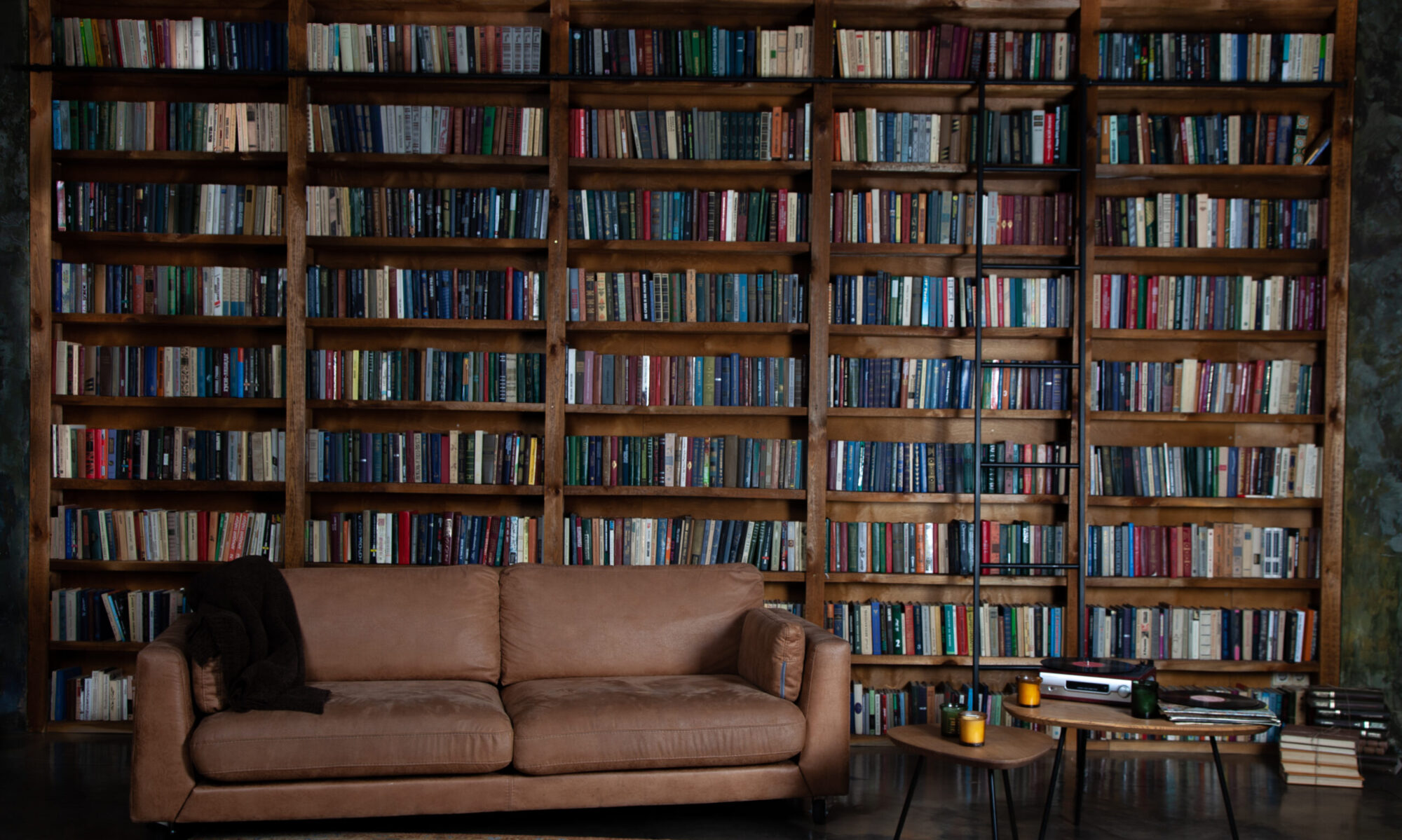
“In love we find out who we want to be. In war we find out who we are.”
Welcome back adventurers! I hope you’ve had a good week and a great 2021 so far. I have just finished quarantining because my family member tested positive for COVID-19, so this year is already fabulous. Today’s book was a good quarantine companion, though, so it wasn’t so bad.
Kristin Hannah’s The Nightingale tells the story of 2 sisters, Vianne and Isabelle, as they navigate life in France before, during, and after World War II, each dealing with their circumstances in their own way.
I have to admit that this book was quite a slow start for me. I didn’t want it to be because a friend of mine recommended it and I didn’t want to tell her that I didn’t like it, but I just didn’t connect with it right away. I am not sure if the language felt too flowery or if it was the pacing, but I just couldn’t get hooked in.
But I have a rule for myself when it comes to any type of art that I take in. For each type, I ask myself to stay open and absorb a certain amount of the work without truly connecting to it before I decide that it’s not for me. With a book, I try to give it at least 1/3 of its pages before I call it quits. In a way, I feel like a work of art is a life in its own right, and just like with a new friend you need time to get acquainted.
I am very glad I followed my rule with this book. It was well worth it. This story that I initially felt distant from soon became a story that I could not put down, even when my body was begging for sleep. I will warn you that this tale is not for the faint of heart, especially the second half, when our characters are deep in the midst of the war. But if you can handle the dire circumstances and if you are patient, you will be rewarded with a story so rich you can’t help but be changed.
The Nightingale shows us the day-to-day life of citizens in German-occupied France in stark, excruciating detail. We see them suffering through rationing, the destruction of home and personal property, harsh winters, constant surveillance, and the looming threat of abuse or loss, all the while trying to protect themselves and the ones they love. Hannah brings to life the fear, desperation, and hopelessness of these characters and you cannot help but feel it. There is a heartbreaking beauty in following Vianne and Isabelle as they face impossible choices and grow to understand who they really are. Most importantly, she reveals to us how the extreme pressures of this war affect the relationships of the characters.
Some of the relationships took a while to sell me on. At first I felt some indifference toward the relationship between sisters Vianne and Isabelle, mainly because to me it seemed as though the women felt somewhat indifferent toward each other. Wild child Isabelle has a more rebellious approach to the war while nervous Vianne takes to doing whatever she can not to make waves, and they clash over this. I didn’t feel much for them in the beginning, but as the story went on and more layers of their relationship are revealed, I found myself rooting for their bond to grow. I was captivated, however, by the relationship between the sisters and their cold and distant father, not only in how they related to him, but how that relationship colored all the other relationships in their lives. I didn’t quite enjoy the romance between Isabelle and the young man she meets while fleeing Paris. Maybe it’s because I’m not a teenager anymore like Isabelle or because it takes a lot for me to buy into a romance in any story, but I felt as though she fell in love too fast to be believed.
Have you guys read The Nightingale? If so, what do you think? Did you get hooked in right away or was it slowing going at first? Or did you even like it at all? Let me know in the comments, or hit me up on Twitter or Instagram. I would love to hear from you! See ya next time! – Cozie
Family Friendly Content Considerations:
Recommended for Older Teens and Adults
Violence Associated with War
Sexual Situations
Twitter: @TheNookAndBook
Instagram: @nook.and.book
chat@nookandbook.club



